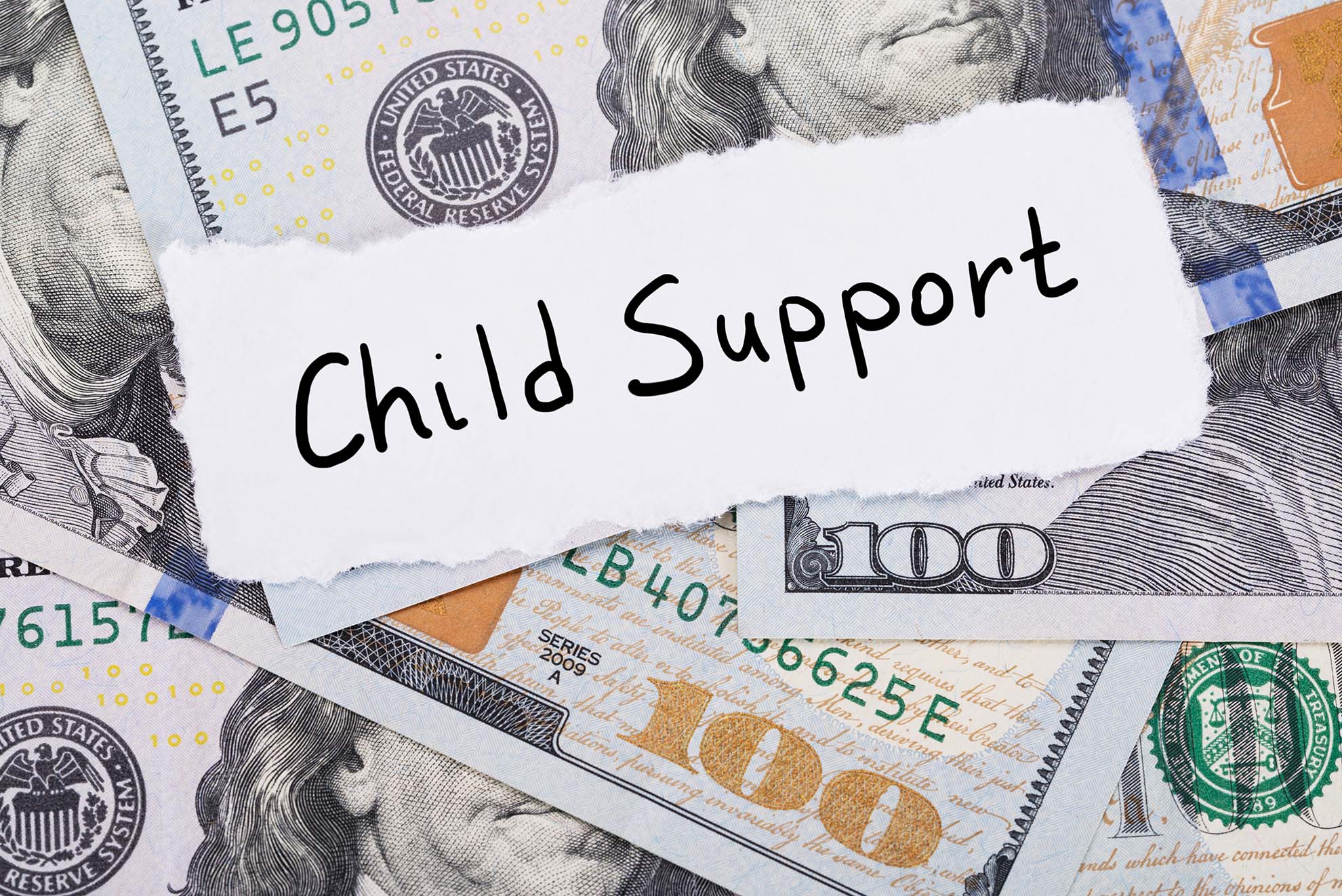
In 2022 the Conference of Chief District Judges were tasked with assessing the North Carolina Child Support Guidelines and determining what, if any, updates were needed. These updates to the child support laws must occur no less than every four (4) years by obtaining input from Judges, lawyers, and the public. Specifically, the 2023 Guidelines were updated to reflect current tax rates, the Consumer Price Index, and the current federal poverty level. The North Carolina Child Support Guidelines are based on a formula developed by the State of North Carolina that establishes a rebuttable presumption in all legal proceedings involving the support of a minor child. The Guidelines’ formula, often called the North Carolina Child Support Calculator, is affected by the parents’ gross monthly incomes, the number of overnights each parent has with the child(ren), as well as payments that a parent makes for health insurance premiums for the child(ren), work-related childcare costs, and other limited extraordinary expenses. Beginning on January 1, 2023, the updated North Carolina Child Support Guidelines went into effect and there are several key changes that were implemented that should be noted by parents who are determining their obligation for supporting their child(ren):
1. Self-Support Reserve
The Guidelines establish a self-support reserve meaning that any parent earning an income less than the federally established poverty level requires that the obligor pay $50.00 per month in child support, absent a deviation by the Court. This self-support reserve was created to ensure that individuals are able to maintain a minimum standard of living. The 2023 Guidelines has incorporated the 2022 Federal Poverty Level for one person of $1,133.00 per month of gross income, which was increased from $1,012.00 per month of gross income in 2018.
2. High Combined Income
The top or the cap on the Guidelines was increased from $30,000.00 per month of gross combined income of the parents ($360,000.00 per year) to $40,000.00 per month of gross combined income of the parents ($480,000.00 per year). Now, if the parents combined, gross income exceeds $40,000.00 per month, N.C.G.S. §13.4(c) sets forth that the child support payments of a minor child must be ordered in such an amount that meets the reasonable needs of the child for the health, education, and maintenance, having due regard to the estates, earnings, conditions, accustomed standard of living of the child and the parties, the childcare and homemaker contributions of each party, and other facts of the particular case. Therefore, in cases where the parents’ combined gross monthly income exceeds $40,000.00, the Court looks more specifically at the child(ren)’s actual needs and expenses based upon the established standard of living, rather than the North Carolina Child Support formula/calculator. Incomes that fall at or below the $40,000.00 per month gross combined income is based upon the presumptive formula established by the Guidelines.
3. Potential or Imputed Income
The new Guidelines now provides that a Court must determine whether a party’s voluntary unemployment or underemployment is based upon the parent’s “bad faith” by considering all the specific circumstances of the parent, including the presence of a young or mentally or physically disabled child which impacts the parent’s ability to work. “Bad faith” means that a parent has deliberately suppressed his/her income to avoid family responsibilities or acted in a deliberate disregard of their obligation to provide reasonable support for a child(ren). This clarification brought the Guidelines in line with prior rulings of the Court of Appeals. Prior to these changes, the Guidelines prohibited the imputation of income to a parent who was the primary custodian of a child under the age of three. Now, if bad faith is shown, the Court may impute income to any parent for no less than minimum hourly wage at thirty-five (35) hours per week.
4. Health Insurance
The new Guidelines has also added vision insurance to the definition of health insurance and that uninsured medical expenses also include amounts spent on vision care. This also permits the Court to order that a parent maintain vision insurance for the minor child(ren). Prior to this change only medical and dental were included.
If you or someone you know has questions about child support, it is important to talk with an experienced attorney who can help you navigate your options and ensure you’re taking the right steps forward. Take advantage of resources such as these that are available to you, and ask your attorney about any other resources that may be available. The attorneys at Sodoma Law approach each case with integrity and compassion and we have the knowledge and experience to help you achieve your goals whether that is through settlement negotiations or in the Courtroom. Schedule your consultation with a Sodoma Law attorney today to find out how we can help you!
On the Civil SideNorth Carolina has new Child Support Guidelines – On the Civil Side (unc.edu)






